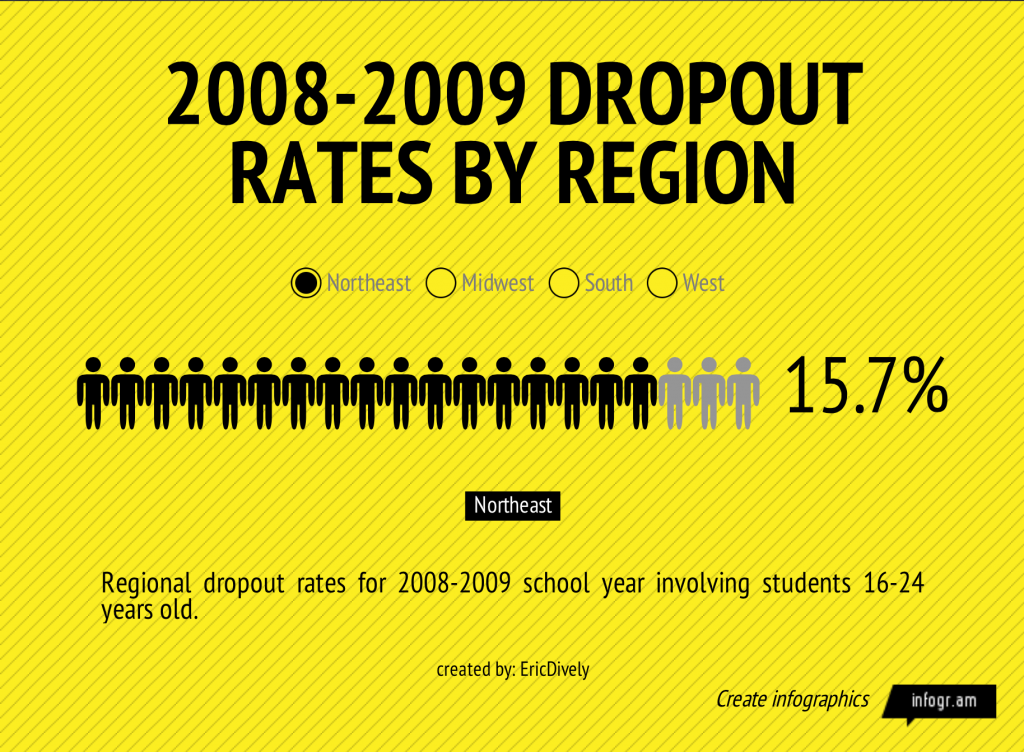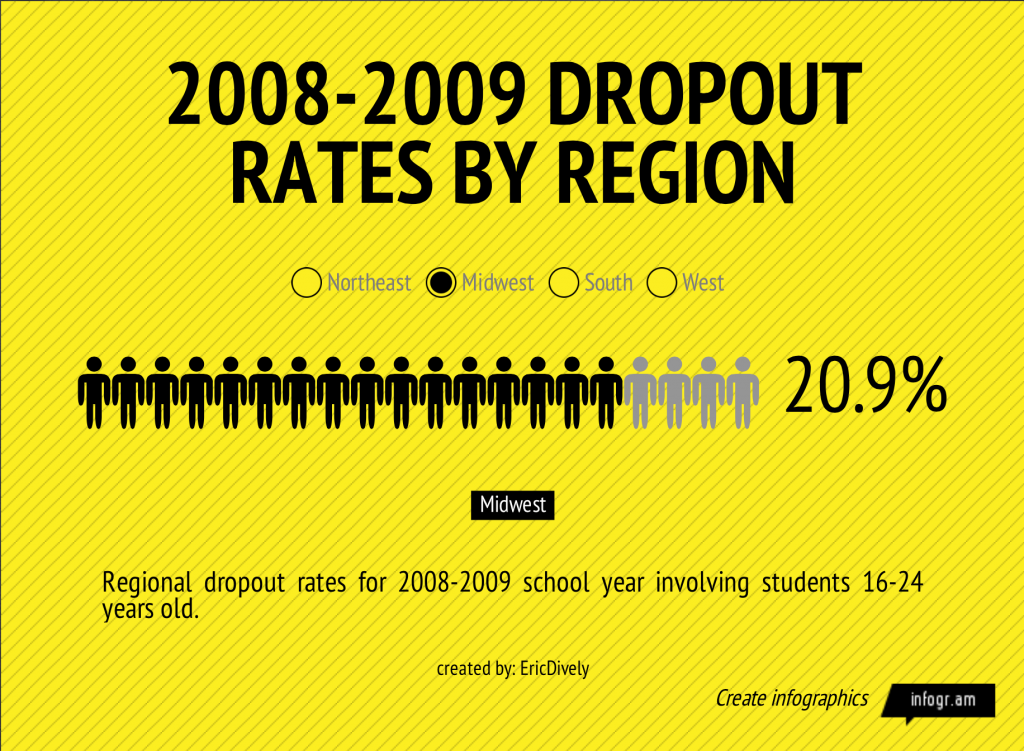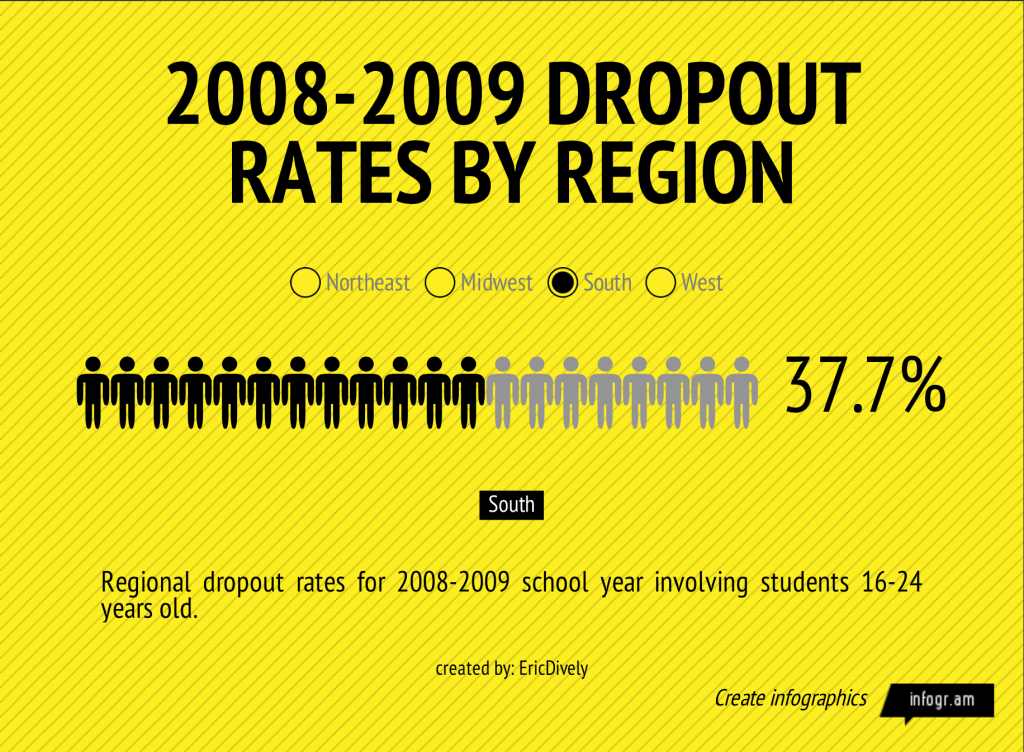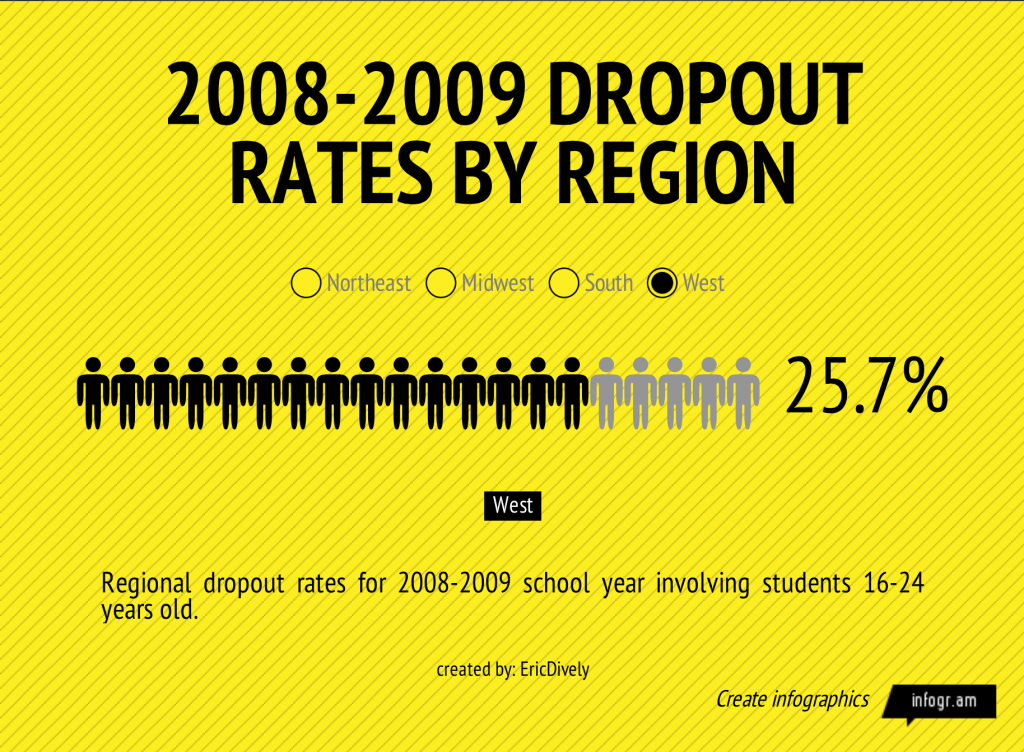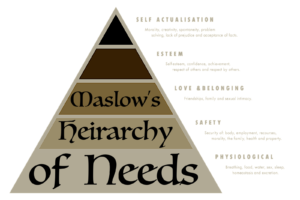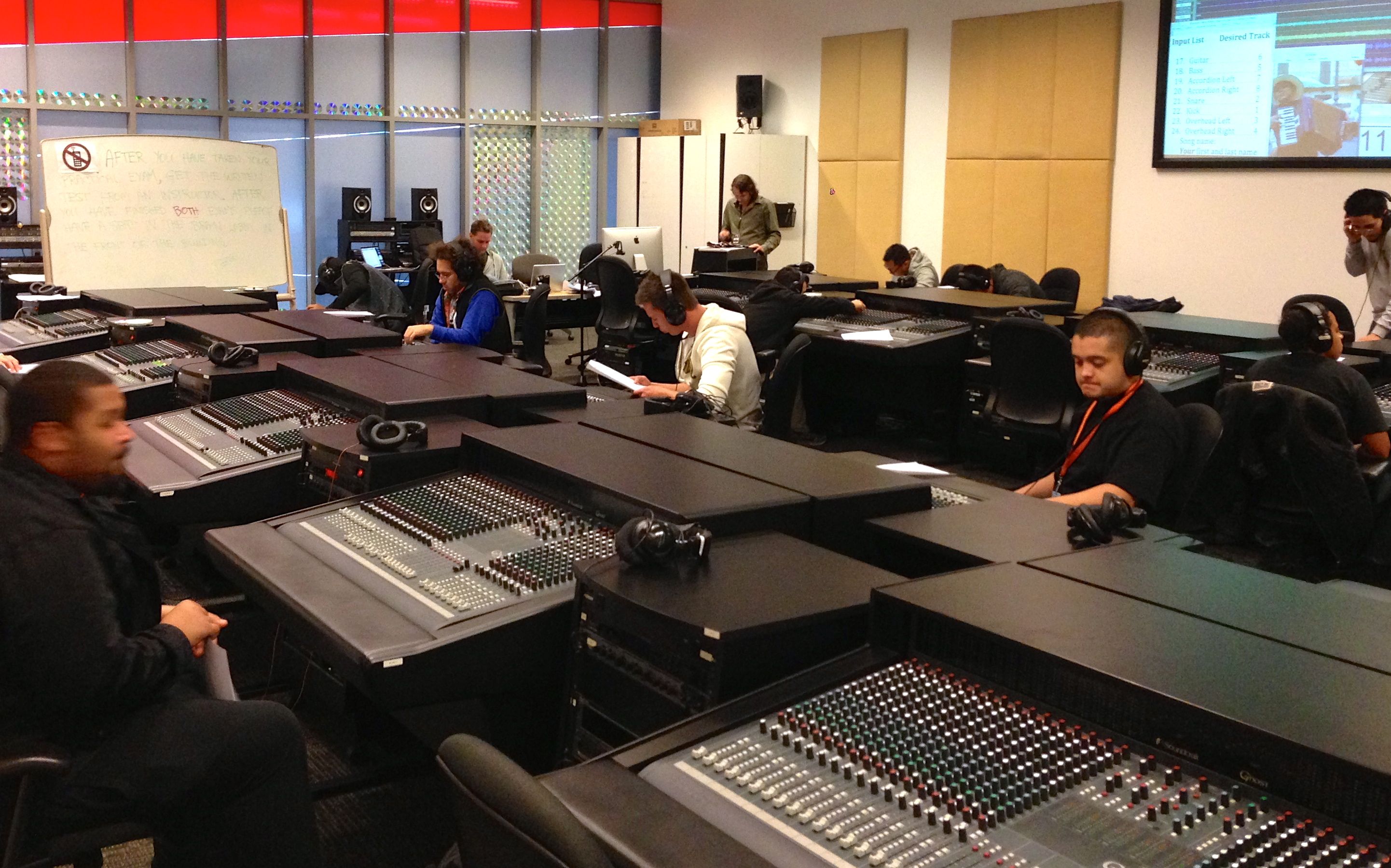
Students take their final exams in Introduction to Recording Arts lab on Dec. 22, 2013 at the Los Angeles Film School in Hollywood, Calif. (Photo by: Eric Dively/TruthPub)
The learning process is an enormous topic with many different facets. Any education system’s primary purpose is to assist in students learning how to fly on their own. Experts throughout time have disputed every method of teaching as well as learning. The United States has fallen well behind the top nations in education. Allan Hessler, Chris Young and Michael Wallace are all instructors at the Los Angeles Film School and have been teachers for at least 2.5 years.
Hessler says, “[The biggest setback to the learning process is] the true desire to want to put forth the effort to actually learn. I see a lot of people that come to school but aren’t really ready to learn. They want to be shown or they want people to do things for them but they don’t really want it.”
Young states, “The first and biggest obstacle [with regard to learning] and some people never overcome this, is how do you learn? Once you learn how you learn, you can learn anything. They think, okay… subject A, subject B, subject C, this is what I’m learning. No. You’re learning how to learn is really what you’re learning.”
Wallace thinks, “Poor preparation throughout previous schooling and poor home environments that don’t encourage positive study attitudes [could be the biggest barriers]. A focus [is] on just getting the result of a passing grade as opposed to really wanting to learn the material and get good at what I’m doing. The part about actually knowing the material really well and improvement seems to have taken a back seat to that.”
He adds, “I’d say maybe the biggest thing is the focus more on the bottom line. Get that student through. Get him outta here. Pass him through to the next grade. Get the diploma as opposed to really wanting to learn for the value. If everyone is looking out for the bottom line, it makes the teachers teach in a certain way. Like, don’t worry about that. As long as you do this, you’ll be fine for the test. I find myself guilty of that too. Get them in and get them out. Get them the minimum required information without a whole lot of inspiration for the students to try to excel beyond the minimum requirements.”
Wallace has one idea to aid the situation. “Having teachers that inspire the students to really want to know and learn for the sake of it as opposed to just for the sake of a grade certainly would help.”
Young adds, “The teacher has the very important role of remaining calm, assertive but yet open to the fact that not everybody’s gonna get it the first time and that your repetition’s gonna come but that you can’t just be like a robot and just spit out the same information every time. Sometimes, I’ll have a conversation with a student to see where their knowledge fell off. You’ve got to take them back to something they do know so that you can show them something they don’t know, so that they can jump off from that point into the new information. That’s critical! That’s very critical.”
He notes, “What needs to be is continual critical thinking learning and when you’re sitting and memorizing answers to a standardized test, you are not participating in critical thinking. Critical thinking has been pushed out of the educational system. They’re forcing teachers to teach the answers to questions and that’s completely wrong. You need to be teaching literature, history, science, math as critical thinking subjects; not just [that] we have to pass a test at the end of the year or else our school doesn’t get a certain amount of money. It’s the old adage, you can give a man a fish and he eats for a day or you teach a man to fish and he eats for a lifetime. True education is about eating for a lifetime.”
